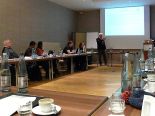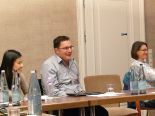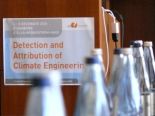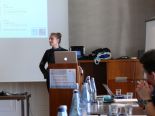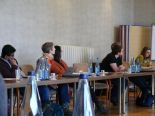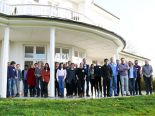Workshop Detection and Attribution of Climate Engineering

3-5 December 2018, Hamburg, Elsa-Brandström-Haus (www.ebh-hamburg.de)
Organizers: Friederike Fröb, Sebastian Sonntag (MPI-M Hamburg)
Aim: The overall aim of the proposed workshop is to improve our understanding of how to apply detection and attribution (D&A) climate engineering (CE). D&A studies use different statistical frameworks to identify signals that result from either external forcing or internal variability. Compared to the classical climate change D&A, in the case of CE only pseudo-observations are available and the background climate is contaminated by other anthropogenic drivers. D&A may be further complicated in the case of a combination of different CE methods, since the detectability of the single CE methods may be affected by each other or the combined signal may not be attributable to a single forcing. The workshop will bring together experts from different climate science communities who work on D&A problems in order to share experiences, improve the knowledge base and foster interdisciplinary collaborations.
Topics to be discussed include:
- Application of different D&A methods and concepts to CE: Regression-like approaches (optimal fingerprinting, OLS and TLS), additive decomposition and hypothesis testing, causal counterfactual theory, time of emergence, fraction of attributable risk. What are advantages and disadvantages? How should results be interpreted?
- How does the effect of CE on variability affect detectability?
- How does D&A of CE differ for regional signals?
- How does event attribution need to be adapted to CE?

